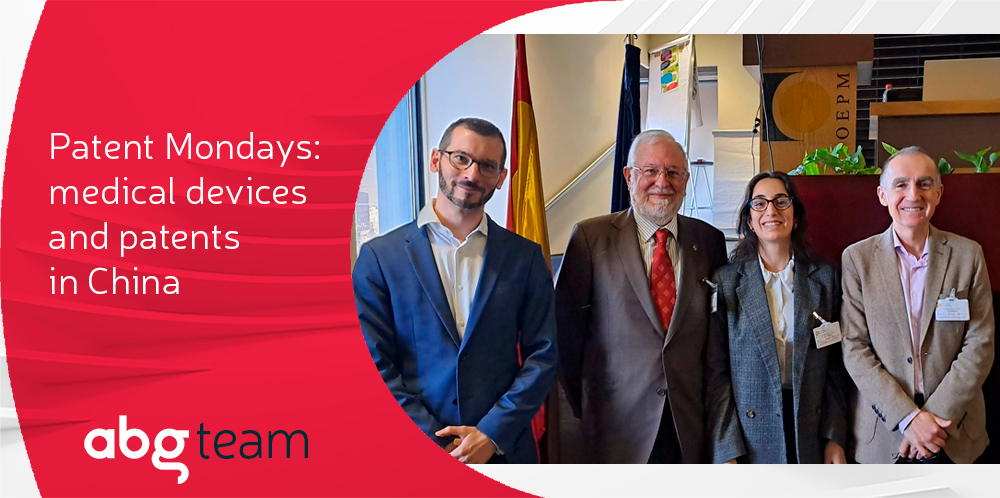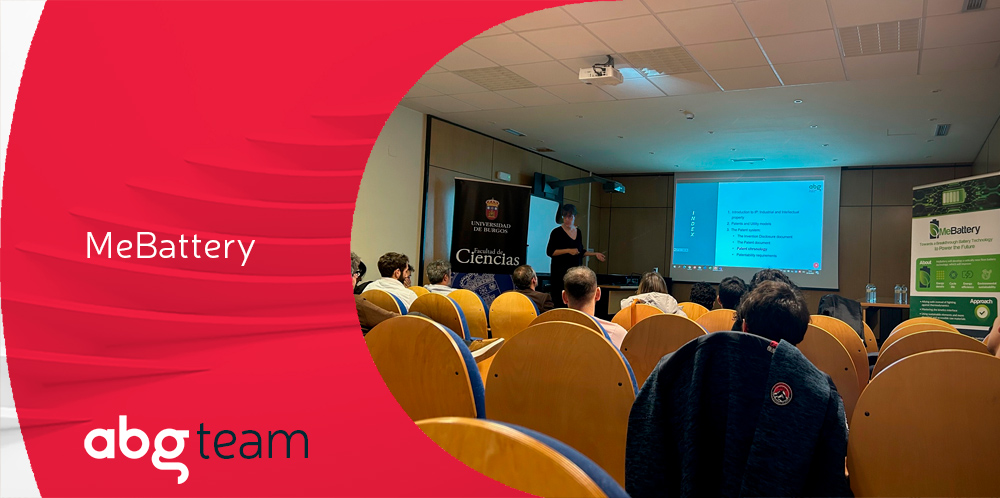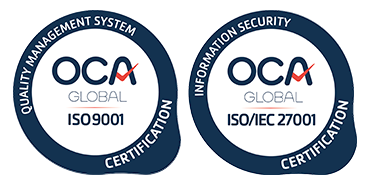The Nobel Prize for Katalin Karikó and Drew Weissman took a while to arrive, but surprised no one when it did.
“Their discoveries concerning nucleoside base modifications that enabled the development of effective mRNA vaccines against COVID-19” have been, in the words of the Swedish Academy, what makes them worthy of the award in the Physiology or Medicine 2023 category.
What is Messenger RNA?
RNA is a molecule, composed of basic molecules called nucleosides, which is essential for life and, therefore, it is present in all living cells.
There are different types of RNA in cells, the three main types being:
- messenger RNA (mRNA),
- ribosomal RNA (rRNA) and
- transfer RNA (tRNA).
Specifically, messenger RNA plays a fundamental role in cells since it acts as a molecular messenger that carries genetic information from DNA to ribosomes, which are essential for the structure and function of cells; in ribosomes, this information is used for protein synthesis.
What is mRNA used for in Medicine?
Since 1990, scientists have known that injecting synthetic mRNA into cells could result in production of specific proteins on demand. One of those scientists was Katalin Karikó, who in that decade had already come up with the idea of using that type of mRNA to heal the sick, under the premise that it was their own bodies that manufactured the treatment.
Basically, her proposal consisted of introducing an appropriate amount of mRNA into cells to produce the protein that generates the necessary response against a specific disease or problem. The Hungarian biochemist said that at first she began by creating a different mRNA that encoded the production of a protein that was already known to accelerate the healing of wounds. However, even though it worked in isolated cells, it didn’t work on animals.
It was around that time when Katalin Karikó and Drew Weissman coincided at the University of Pennsylvania, in the United States, and worked together to obtain a less reactive mRNA that would allow for a safer therapeutic use. In 2005, their “Eureka” moment came, with the discovery that tRNA prevents the immune system reaction by containing naturally modified nucleosides. By introducing these modified nucleosides into mRNA, they ensure that mRNA was not attacked by the immune system and can thus perform its function, not only in isolated cells, but, more importantly, in living beings. These modifications were essential for overcoming one of the main challenges in the development of mRNA-based therapies.
Several projects began as a result, such as the use of this technology in a therapeutic vaccine against HIV using an mRNA molecule modified with nucleosides that Karikó and Weissman had created.
The patents by Katalin Karikó and Drew Weissman
Both Nobel Prize-winning researchers filed the patents that were fundamental to their work in 2005 and today they both appear as inventors on the following European patents: EP2578685B1, EP3611266B1, EP3287525B1, EP2510099B1, EP3112467B1.
In 2006 Karikó and Weissman created the company RNARx, but the University of Pennsylvania sold the licenses to a different company, which prevented the company from truly taking off.
In 2013, Karikó left that project and moved to Germany to continue her research on the application of mRNA for the company BioNTech. Nowadays BioNTech is the holder of a large number of patents and patent applications in which the scientist has participated as an inventor; eight of them being European patent applications, two of which have been granted.
In turn, Drew Weissman continues to work at the University of Pennsylvania as a professor. As an inventor he has added a couple dozen more patents to his list, although none in Europe.
The war between Pfizer-BioNtech and Moderna over vaccine patents
The Covid-19 pandemic sparked the development of mRNA technology. In fact, the pharmaceutical companies that won the vaccine race (Moderna and Pfizer) use this technology. In fact, one of the vaccines came from the BioNTech laboratories, had previously (in 2018) partnered with Pfizer to develop vaccines against the influenza virus (flu) and, given the circumstances, they quickly redirected their research to working on stopping the SARS-CoV-2 virus.
It was no surprise when, just over a year ago, news broke that Moderna was suing Pfizer-BioNTech in the United States and Germany for the infringement of several patents. ABG IP partner at the Barcelona office and Patent Attorney Enric Carbonell wrote about a piece about it in the economic newspaper Cinco Días: The leaders of mRNA vaccines against Covid, in court.
It must be mentioned that the patents the two companies are disputing came after (they were filed between 2010 and 2016) the ones Karikó and Weissman won the prize for, and it is certain that the development of these vaccines would not have been possible without the advances previously achieved by the Nobel Prize winners.
Pfizer and Moderna’s income from the sale of their respective vaccines is estimated to be in the billions of dollars; but, beyond mere economic terms, what is clear is that the value of the invention, just recognised by the Swedish Academy, is immeasurable.
He did his doctoral thesis work at the Cell Biology & Biophysics department of the European Molecular Biology Laboratory (EMBL) and the Heidelberg University (Germany).








